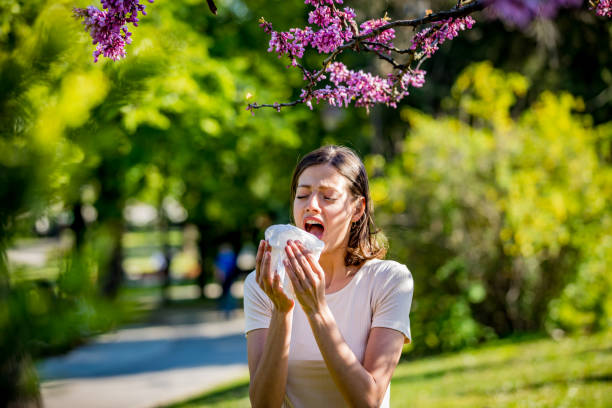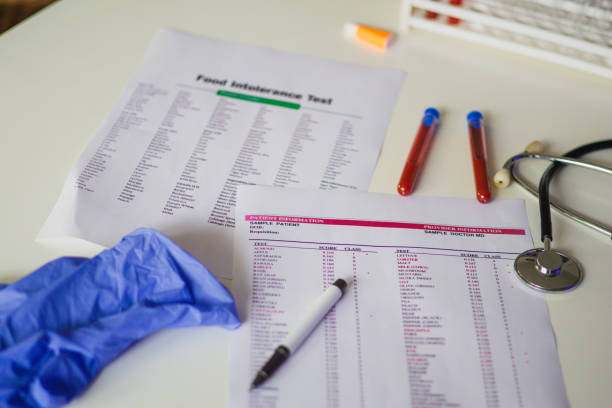By Dr. Megon Bresciani, Allergist at Aventino Medical Group in Rome
Introduction
With the arrival of spring, millions of people suffer from seasonal allergies primarily caused by pollen. Symptoms such as sneezing, nasal congestion, itchy eyes, and breathing difficulties can significantly affect quality of life. But what are the most effective treatments to face spring without discomfort? From antihistamines, nasal sprays, natural remedies, and environmental strategies, there are various solutions to alleviate symptoms. However, the only treatment that addresses the underlying cause of the allergy is specific immunotherapy. Let’s explore the best therapeutic options available.

Medications for controlling spring allergies
For those who suffer from allergic rhinitis and seasonal conjunctivitis, there are effective medications that can significantly reduce symptoms:
- Oral Antihistamines: These block the action of histamine, the substance responsible for allergic reactions.
- Corticosteroid Nasal Sprays: These reduce inflammation in the airways and improve breathing.
- Antiallergic Eye Drops: These relieve itching and redness in the eyes.
- Nasal Decongestants: To be used with caution for short periods, they help clear the respiratory passages.
The combined use of these treatments, under medical supervision, allows for better management of spring symptoms.

Natural remedies and daily strategies
In addition to medications, there are preventive measures that can reduce exposure to allergens and improve quality of life:
- Nasal Irrigation with Saline Solutions: Helps remove trapped pollen from the mucous membranes.
- Antioxidant-rich Diet: Certain foods, such as citrus fruits, berries, and leafy green vegetables, can strengthen the immune system.
- Air Purifiers: These filter allergenic particles in indoor environments.

Immunotherapy: the only treatment that targets the cause
Specific allergen immunotherapy is the only treatment that can modify the patient’s immune response to allergens. This approach involves the progressive administration of small doses of the allergen to induce tolerance over time. It is recommended for:
- Pollen allergies (grasses, parietaria, cypress, olive, and birch)
- Dust mite allergies
- Animal dander allergies
The benefits of immunotherapy are long-lasting and can significantly reduce the need for allergy medications.

Conclusion
Facing spring without discomfort is possible by combining medications, preventive strategies, and long-term treatments like immunotherapy.
🌿 Would you like to learn more about seasonal allergies and the best ways to manage them?
Visit our Allergology page to discover all the services we offer and book a consultation with one of our specialists.
At Aventino Medical Group, we’re here to help you enjoy spring with comfort and confidence. 🌸
